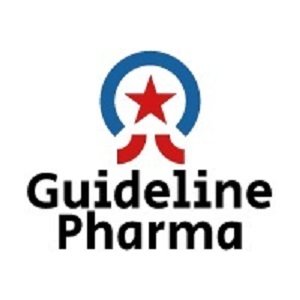Filter integrity machine:
A filter integrity machine, also known as a filter integrity tester or filter integrity testing equipment, is a specialized instrument used to verify the integrity and performance of filters. It is commonly used in industries such as pharmaceuticals, biotechnology, food and beverage, and healthcare to ensure the reliability and effectiveness of filters in various applications.
Here are some key features and functions of a filter integrity machine:
- Testing Methods: Filter integrity machines employ different testing methods to evaluate the integrity of filters. The most commonly used methods are bubble point testing, diffusion testing, pressure decay testing, and forward flow testing. Each method has its advantages and suitability for specific types of filters and applications.
- Instrumentation: The machine is equipped with the necessary instrumentation to conduct the filter integrity testing. This typically includes pressure gauges, flow meters, vacuum sources, and control valves. Some advanced machines may also have built-in data logging and recording capabilities for documentation and analysis purposes.
- Test Parameters and Configurations: Filter integrity machines allow users to set specific test parameters and configurations based on the type of filter being tested and the desired testing criteria. These parameters may include pressure ranges, flow rates, test durations, and acceptable leak rate thresholds.
- Non-Destructive Testing: Filter integrity testing is typically non-destructive, meaning it does not damage or compromise the filter being tested. This allows filters to be tested without rendering them unusable, making the process suitable for quality control purposes before filters are put into service.
- User-Friendly Interface: Filter integrity machines feature a user-friendly interface that allows operators to easily set up tests, monitor test progress, and interpret test results. The interface may include a graphical display, intuitive controls, and prompts for step-by-step test procedures.
- Compliance and Standards: Filter integrity machines may be designed and calibrated to meet specific industry standards and regulatory requirements, such as those outlined in FDA guidelines or ISO standards. Compliance with these standards ensures the accuracy and reliability of the testing process.
- Documentation and Reporting: The machine often provides options for documenting and reporting the test results. This may include generating test reports with detailed information about the filter being tested, test parameters, and the outcome of the integrity test.
Filter integrity machines are critical for maintaining the quality and performance of filters used in various industries. By conducting regular integrity testing, manufacturers can ensure that filters meet the required specifications, prevent potential product contamination, and maintain optimal process efficiency.
Proper calibration, maintenance, and adherence to manufacturer guidelines are essential for the accurate and reliable performance of filter integrity machines. Operators should receive proper training on the machine’s operation and testing procedures to ensure consistent and accurate results.


